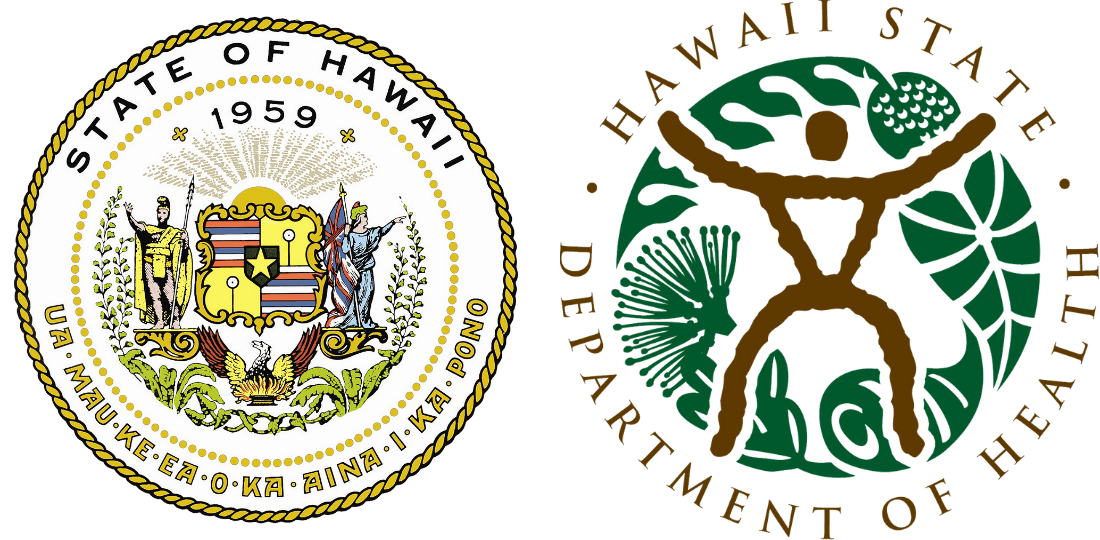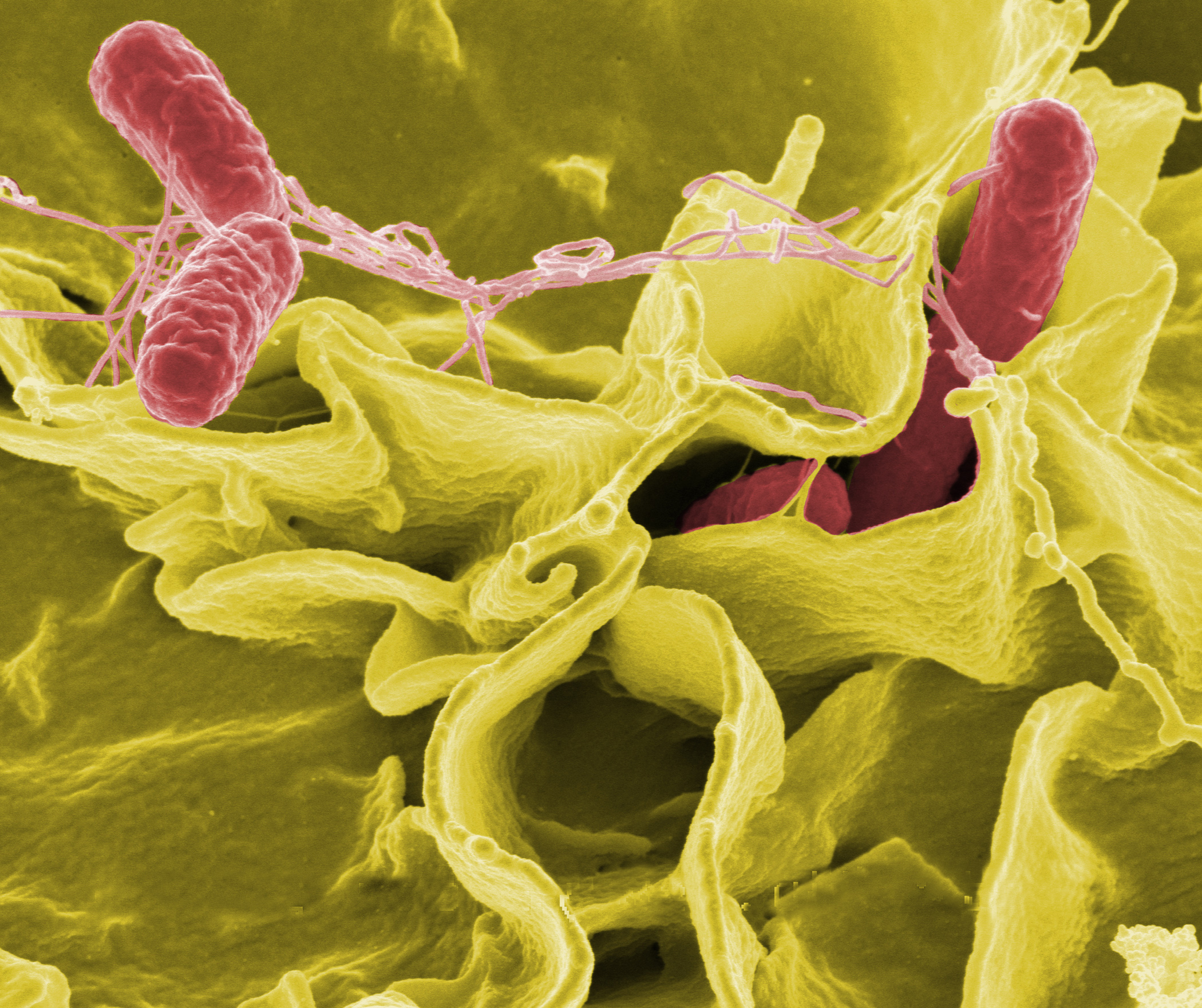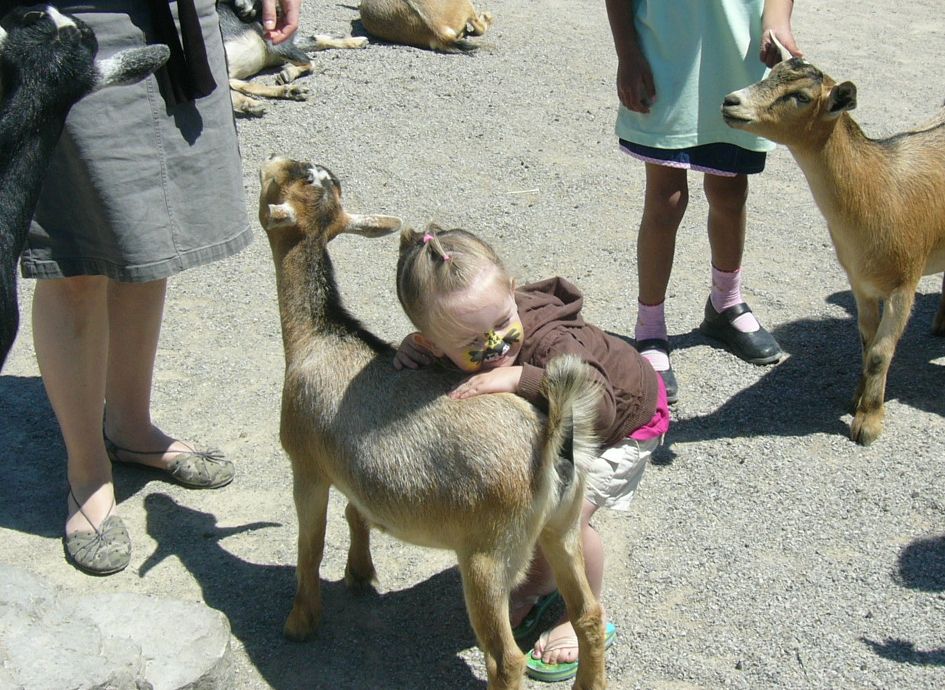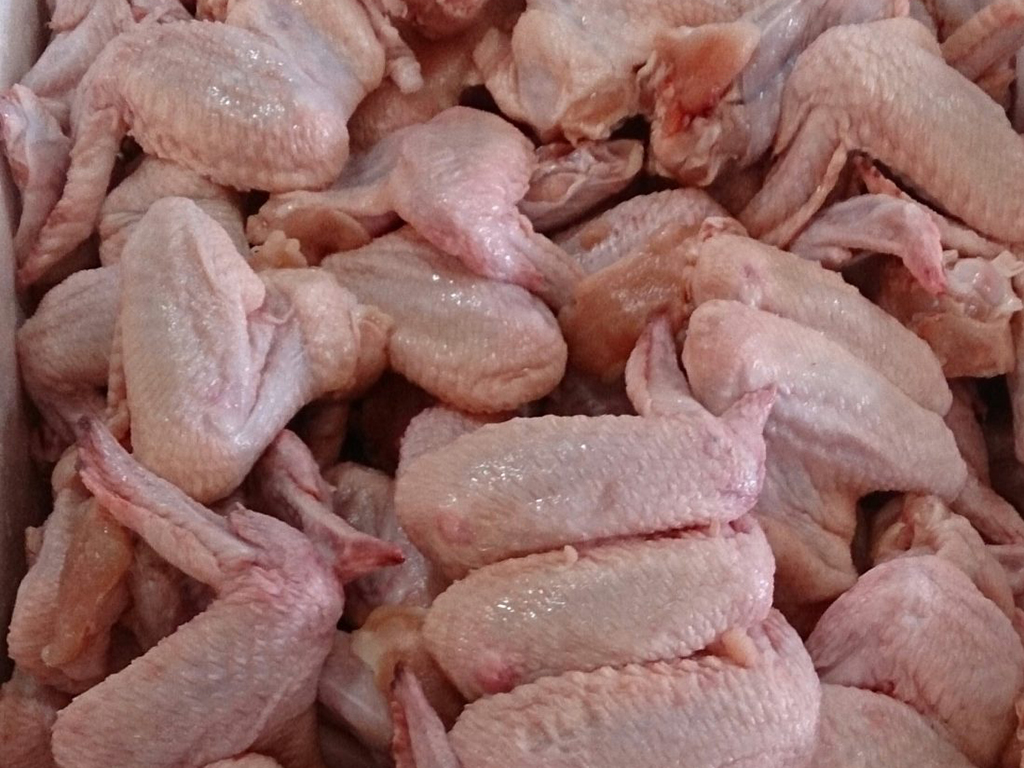Salmonellosis
Report a Case
Disease Reporting Line:
(808) 586-4586
About This Disease
Salmonellosis is an infection of the intestine caused by Salmonella bacteria. These bacteria are a frequent cause of food poisoning. Salmonella has also been used as a bioterrorist weapon. More than 2,500 serotypes of Salmonella have been identified around the world. The most severe serotype, Salmonella Typhi, mostly acquired outside of the United States, results in an infection called Typhoid fever. For more information about Typhoid Fever, please visit our Typhoid Fever webpage.
Signs and Symptoms
The symptoms usually start 12 to 72 hours after infection with the bacteria.
Most persons infected with salmonellosis develop diarrhea, fever, and stomach cramps. The illness usually lasts 5 to 7 days, and most persons recover without treatment. Persons with severe diarrhea may require rehydration with intravenous fluids. Salmonella can also cause urinary tract, bloodstream, and wound infections.
Transmission
Salmonella bacteria are naturally found in animals including birds, and live in their intestinal tracts. The main ways people get sick with salmonellosis are 1) eating food or drinking water that is contaminated by salmonella bacteria, 2) by touching an animal that has salmonella on their exterior (including lizards, turtles, chicks, dogs, cats and rodents) and not washing your hands thoroughly after the animal interaction, or 3) by someone who is sick and did not wash their hands properly after using the restroom then touching something that other people put in their mouth (i.e. an ill food handler making food).
Foods that are often connected to salmonella food poisoning include eggs, poultry, beef, pork, and unpasteurized dairy products, but any food contaminated with the bacteria can be a source of infection.
Diagnosis
Other bacteria and viruses can cause similar illnesses. Your doctor can order tests to detect Salmonella bacteria in stool.
Treatment
Fluid and electrolyte replacement is most important. Most persons with salmonellosis will recover without treatment. However, a doctor can prescribe medicines to treat severe cases of the disease. Infants, the elderly, and those with other medical problems should be evaluated by a doctor.
Risk in Hawaii
Salmonellosis is a common cause of diarrheal illness, and people of all ages can become infected though it is more frequent in children under 5 years of age. The very young and very old, as well as the immunocompromised, are at higher risk of developing severe infections.
Prevention
- Wash your hands thoroughly after using the toilet, after changing diapers, after handling pets, and especially before preparing or eating food.
- Cook poultry and meats to an even inner temperature (usually 165°F or higher), especially when using a microwave. Check food temperatures with a thermometer.
- Do not drink unpasteurized (raw) milk or eat raw or undercooked meat, and refrigerate foods promptly after purchase. Do not eat raw eggs or foods containing raw eggs.
- Always treat raw poultry, beef, and pork as if they were contaminated. Keep food that will be eaten raw, such as vegetables, from becoming contaminated by animal products. After handling raw meat, do not lick your fingers, touch other foods, or smoke a cigarette without washing your hands first.
- Wash cutting boards thoroughly after contact with each food, so that the boards do not contaminate the next food prepared.
- Avoid letting infants or young children touch reptiles, such as turtles, lizards, or iguanas. Wash hands after any contact with pets, farm animals, and other animals, especially baby chicks.
- Do not drink untreated water (ponds, streams, rivers).
- Avoid sexual practices that may permit fecal-oral transmission.
Information for Clinicians
Salmonellosis is a ROUTINE/ENTERIC (enteric prevention priority) notifiable condition and must be reported by phone if the individual is a food handler, direct care provider, or pre-school aged child. Otherwise routine reports may be used.
Disease Reporting Phone Numbers (24/7)
Oahu (Disease Investigation Branch): (808) 586-4586
Maui District Health Office: (808) 984-8213
Kauai District Health Office: (808) 241-3563
Big Island District Health Office (Hilo): (808) 933-0912
Big Island District Health Office (Kona): (808) 322-4877
After hours on Oahu: (808) 600-3625
After hours on neighbor islands: (800) 360-2575 (toll free)
For more information: Centers for Disease Control and Prevention (CDC)
Last Reviewed: June 2019




